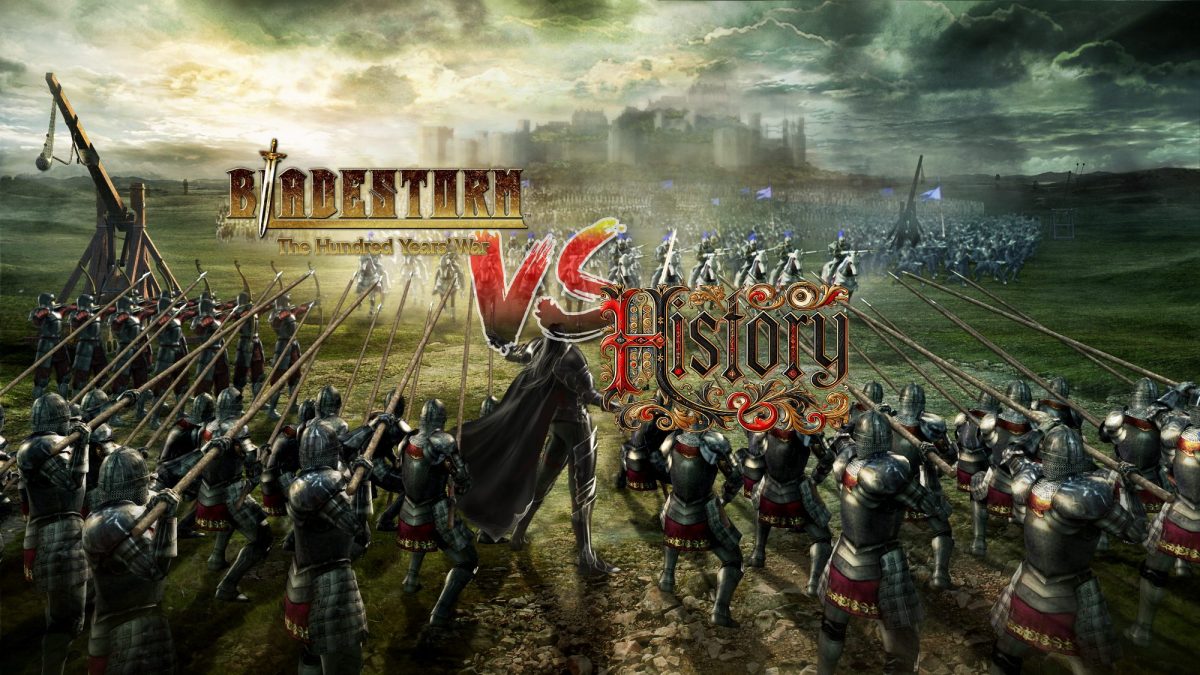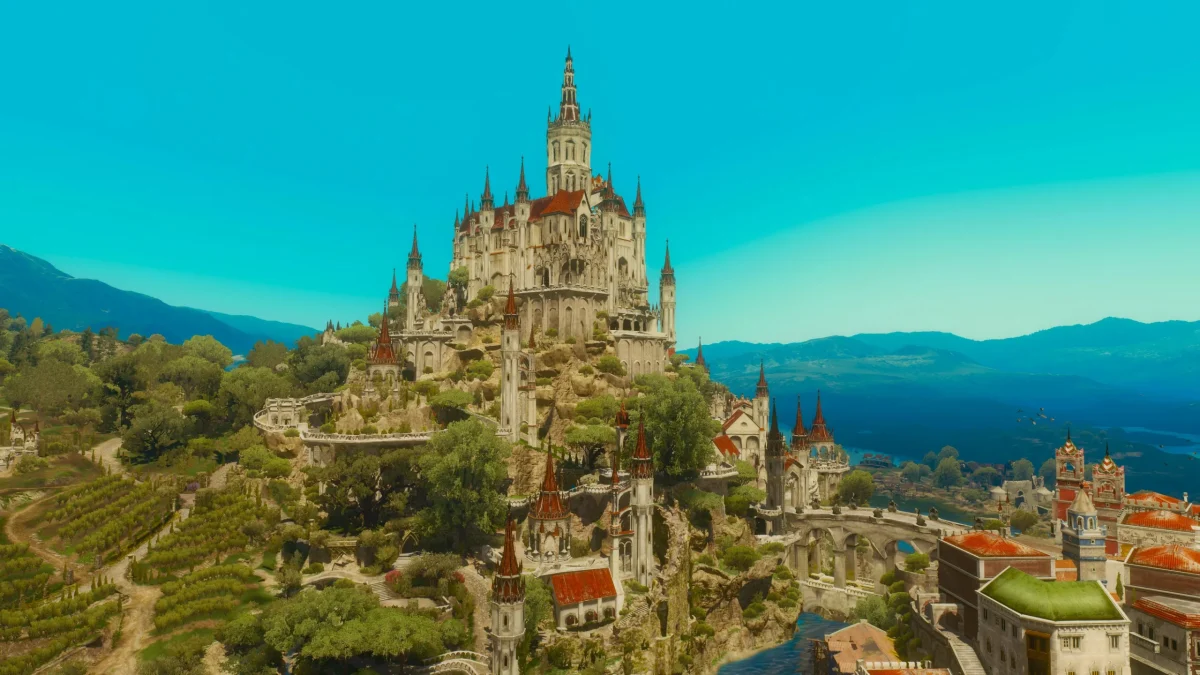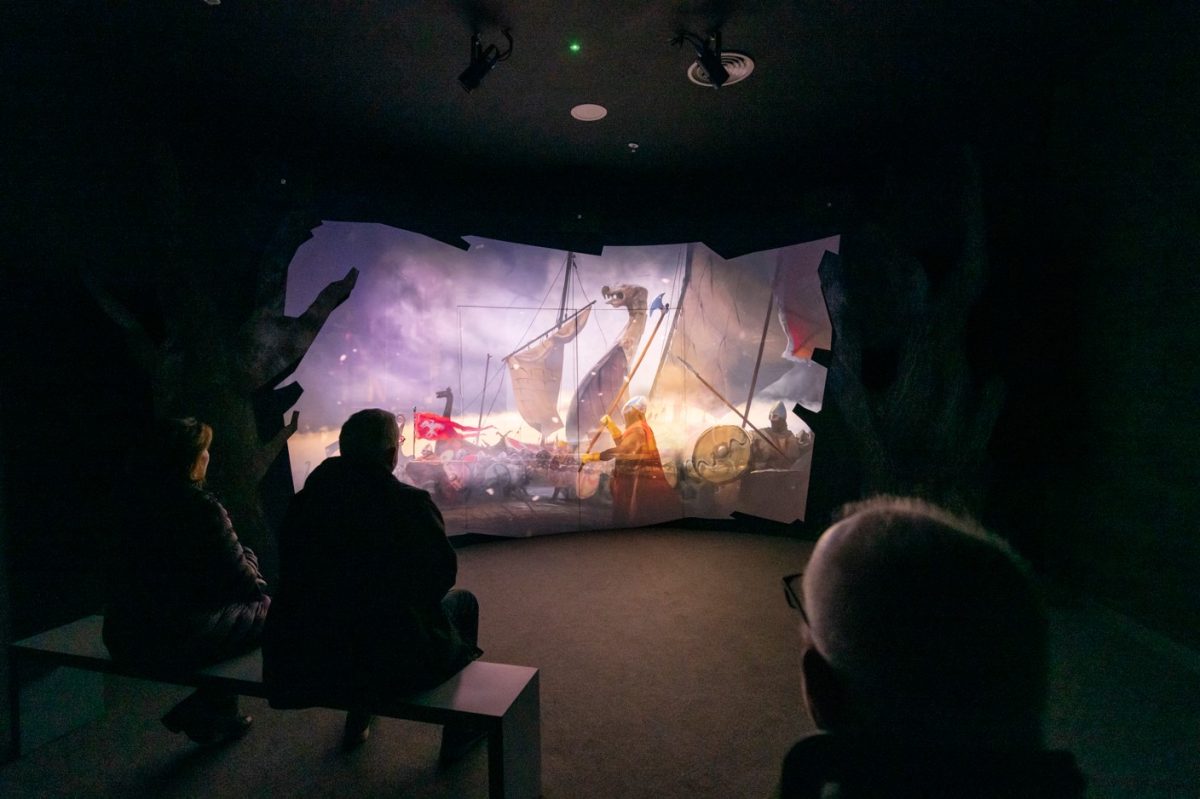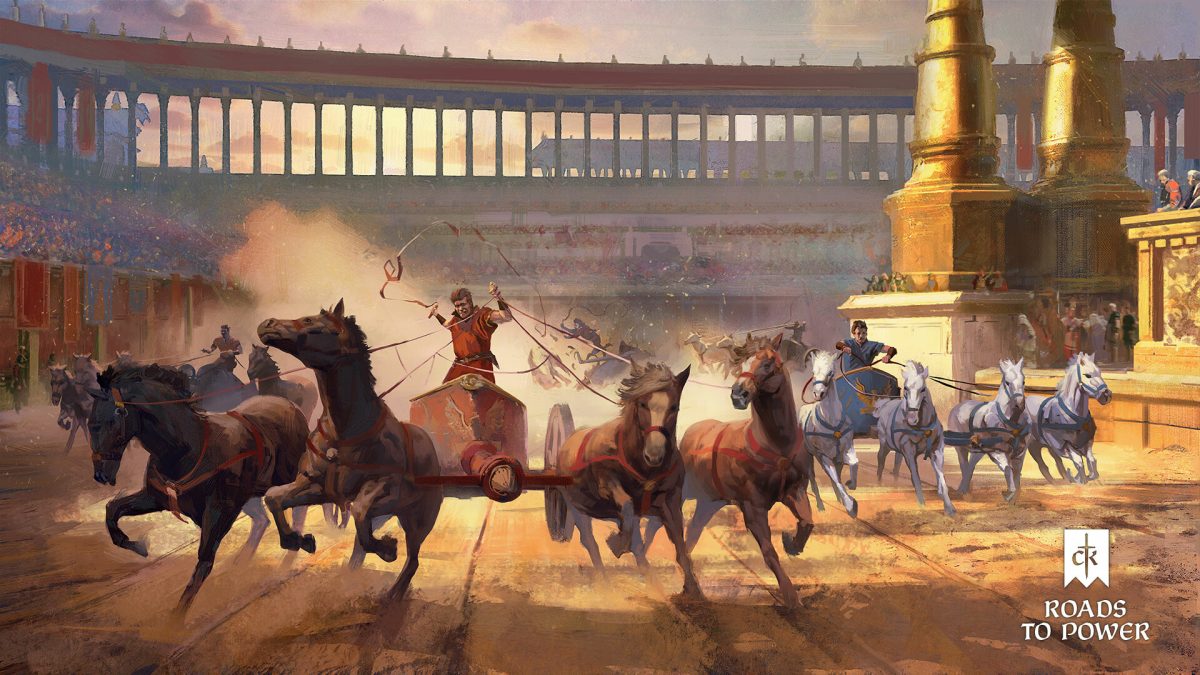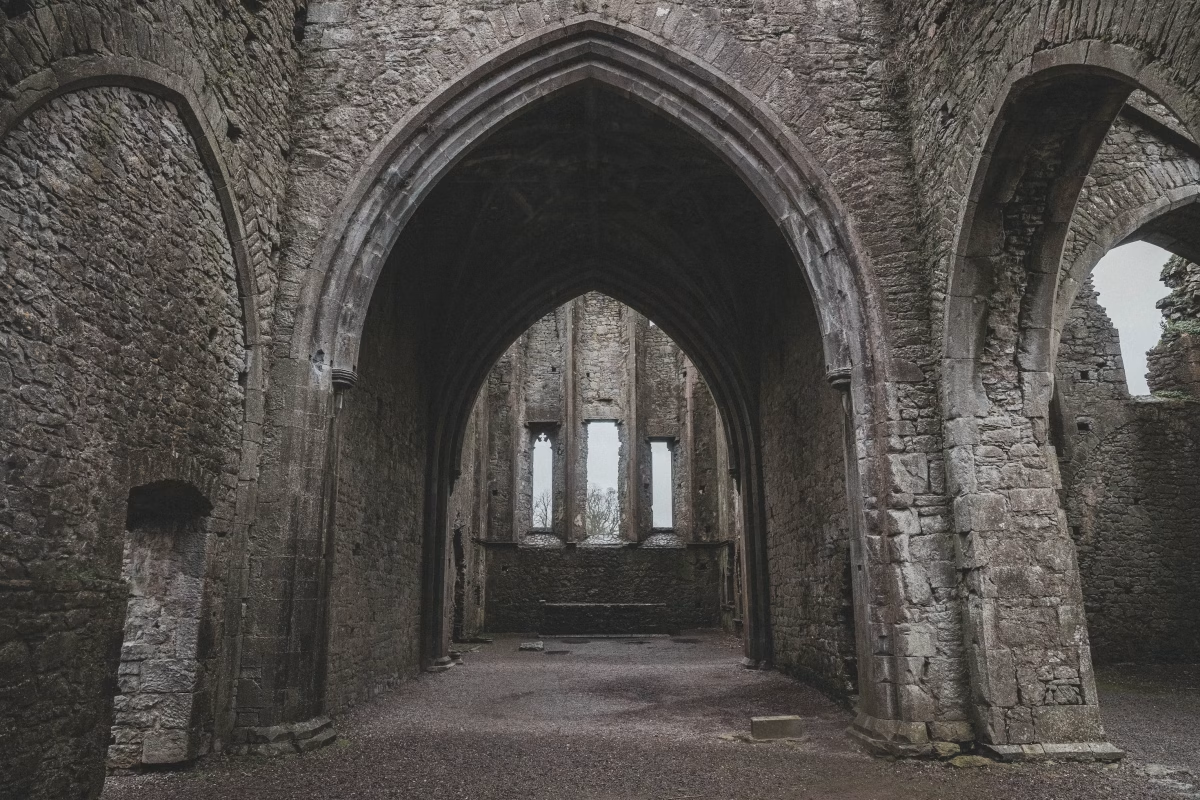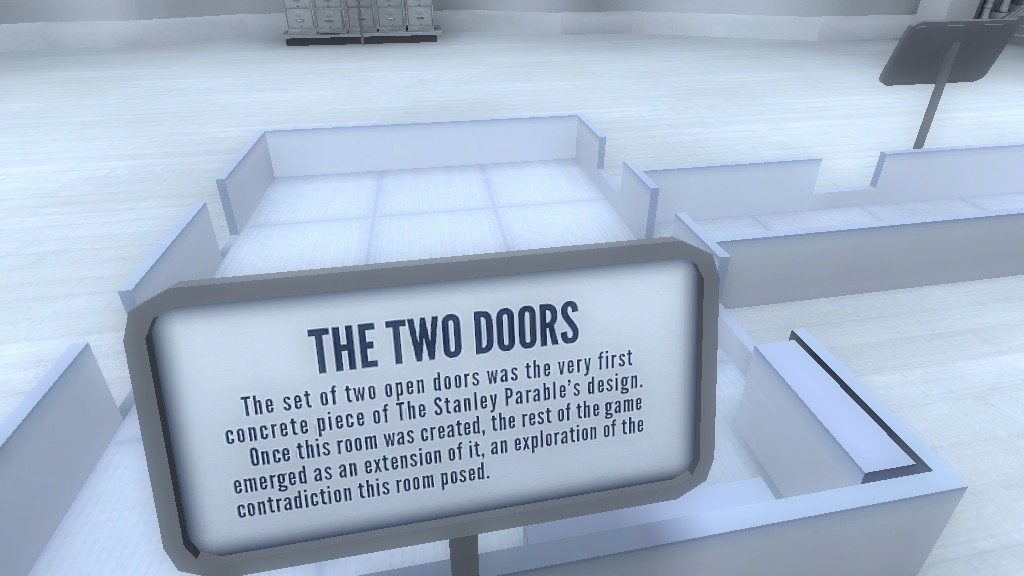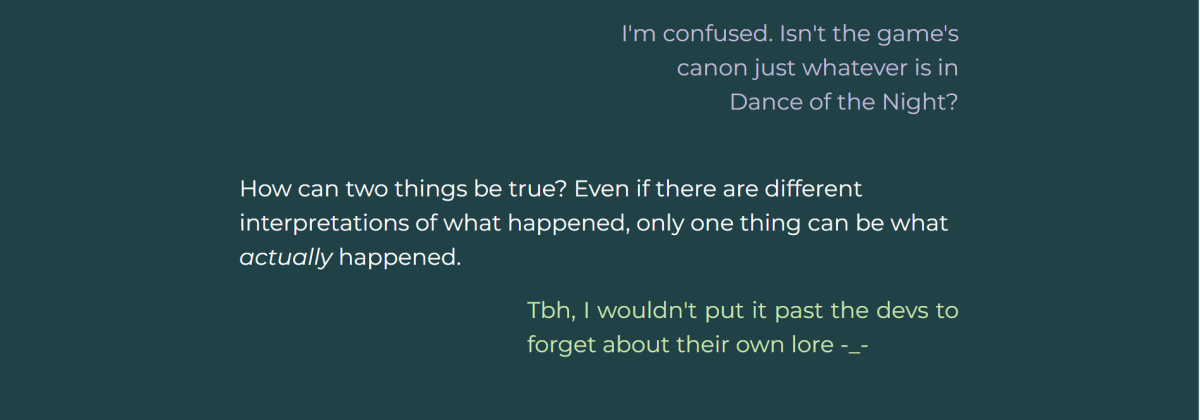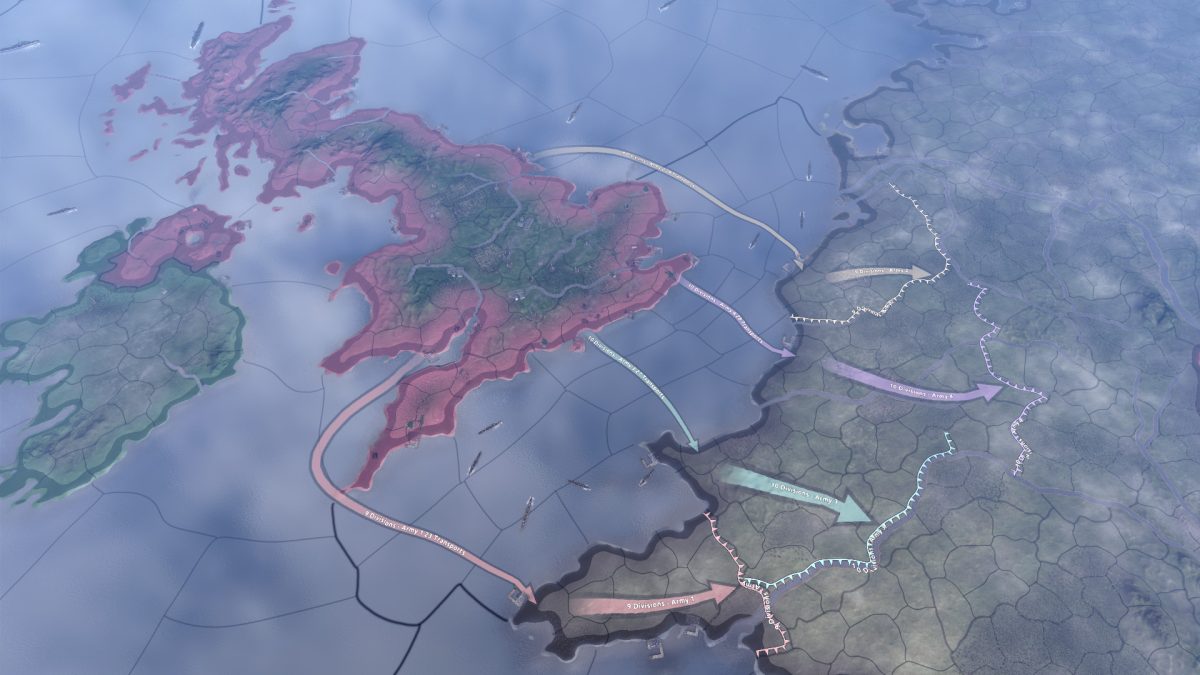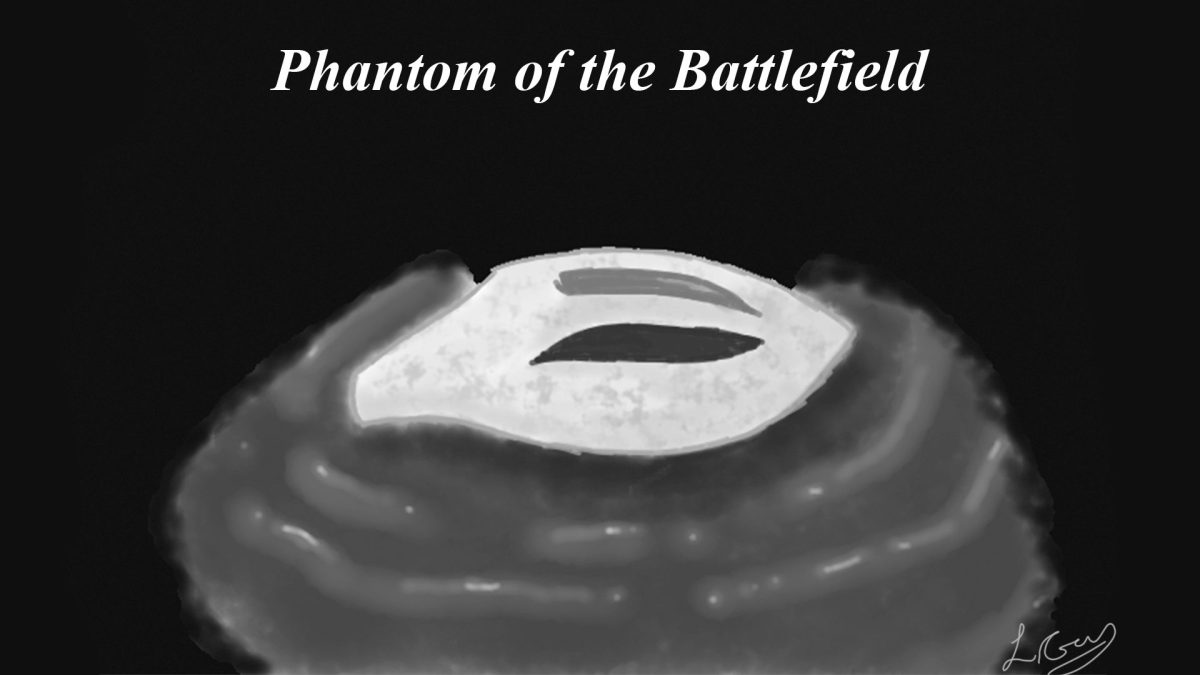Developed by Omega Force and published by Koei Tecmo, Bladestorm: The Hundred Years’ War (2007) is a tactical action game that immerses players in the brutal conflicts between England and France during the 14th and 15th centuries. The game is set during the Hundred Years’ War (1337–1453), which was a protracted conflict between England and France marked by shifting […]
